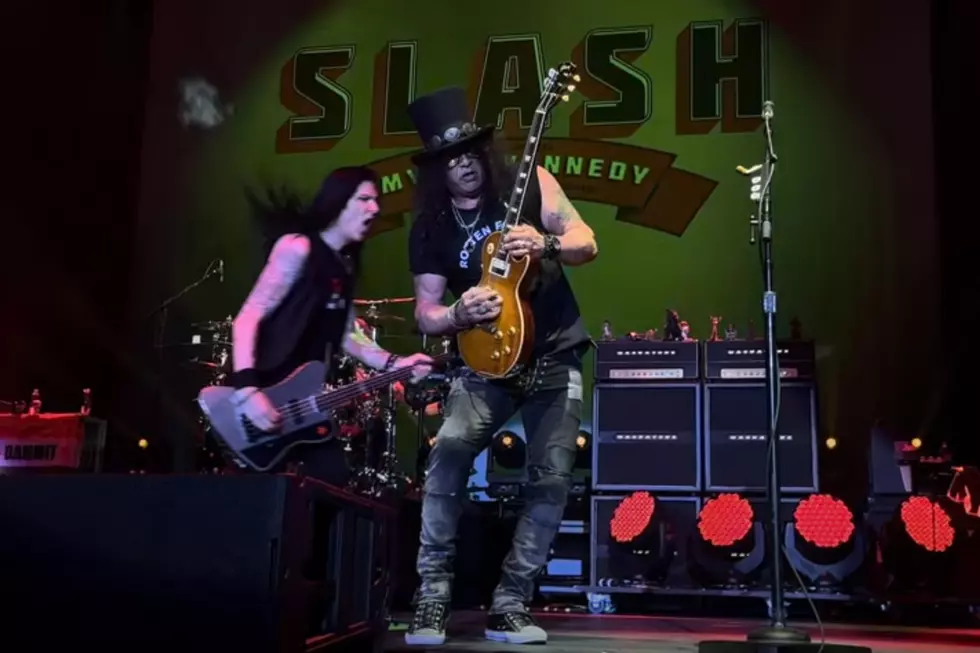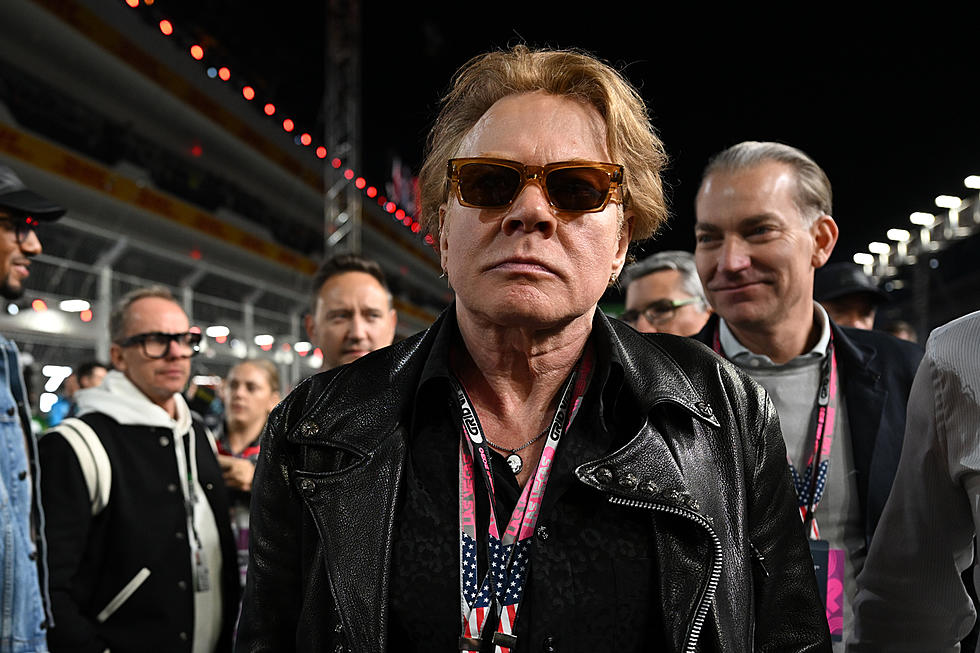
Guns N’ Roses Reach Into Their Past With ‘Anything Goes': The Story Behind Every ‘Appetite for Destruction’ Song
As far as most people knew at the time, Guns N' Roses were a brand new band when they rocketed out of the Los Angeles underground with Appetite for Destruction. But in reality, the group had been around for years; in fact, one of the songs tucked away toward the end of the record, "Anything Goes," dated back to their early '80s roots.
Prior to making their multi-platinum breakthrough, Guns N' Roses went through a number of changes — and before even taking on the GNR name, frontman Axl Rose and guitarist Izzy Stradlin performed with guitarist Chris Weber as Hollywood Rose, a short-lived collective that played the local circuit and managed to cut a handful of demos before flaming out in the mid-'80s.
Those demos, released in 2004 as The Roots of Guns N' Roses, included a pair of tracks that would later become familiar to GNR fans: "Reckless Life," included on 1988's G N' R Lies EP, and "Anything Goes," which ended up slotted in the 11th spot on Appetite for Destruction. As Weber told L.A. Weekly years later, he and Stradlin had been listening to Aerosmith's Rock in a Hard Place during the period that produced "Anything Goes," which was originally titled "My Way, Your Way" — and boasted a harder-hitting arrangement.
"It was really loud and aggressive," said Weber of the original Hollywood Rose arrangement, which he recalled making its live debut in early 1984. Among fans of the band, the song "kind of took people by storm" — and given that it remained in the mix years later as Guns N' Roses prepared to record their first album, those sentiments must have been shared to some degree by Rose and Stradlin, long after Weber departed the lineup.
Not all album tracks are created equal, however, and as much sense as it might have made to include "Anything Goes" in the final track listing, the song was destined to remain a deep cut, never seeing single release and becoming one of the more rarely performed numbers in the GNR songbook. Still, as a nod to the irresistibly sleazy beginnings of a band that would soon start to explore far more wide-ranging ambitions, it remains an interesting time capsule — and one that's still best played loud.
20 Most Historic Guns N' Roses Concerts
More From Ultimate Classic Rock









